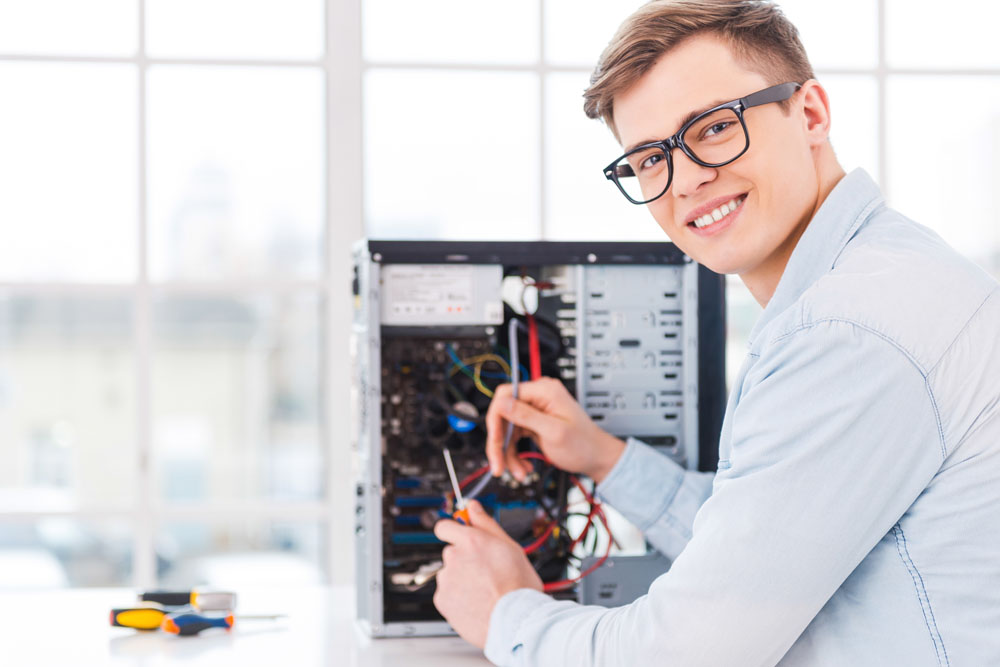Computers are always speedy fast when we first get them. Then, over time, they seem to get tired and slow down or even start crashing. Well, here are a few easy tips that might help you speed up your computer. These tips are meant for someone who is moderately tech savvy. Even so, computers are not always easy to understand so feel free to contact us to help you speed up your computer.
De-Fragmentation
De-fragging your hard drive will help speed up a hard disk drive. As data is written to the disk, then deleted, and added over again, the data begins to be scattered accross the physical disk. In otherwords it is fragmented accross the disk. De-fragging will gather all the data together so the hard drive can find the data quicker. This is a moderate to advanced tactic. Check this out before you try it.
Malware
Trojans, viruses, spyware, scams, etc…they’re all synonymous with Malware. Despite efforts to be careful, there is always a chance that a file attachment here, or a video there brought malware onto your computer. From slowing down your computer to stealing your identity, you want to protect yourself from this. Don’t be scared to pay for a legitimate security software like: Norton, Kaspersky Lab, or McAfee to name a few.
Data
Sometimes we turn into cyber hoarders. We keep storing more and more data with the false sense that we will need it some day. Don’t fall into that trap. Clear your recycle bin, browser cache, and other temporary files often. On top of that, remove programs/apps that you don’t need. Keep plenty of space on your hardrive. This will ensure the hardrive finds your data quickly without needlessly reviewing thousands or millions of megabytes of useless data.
Temperature
Computers use energy…a lot of energy! The scientific law of conservation of energy basically tells us that once the energy is used, it doesn’t just disappear. It changes form. In this case, all of that electrical energy is turning into heat. And heat is bad for electronics. So, make sure that your computer has room to breath! Give your intake and exhaust fan ports at least 10-20cm of space. Also, make sure it’s in an open space where the temperature is comfortable or on the cooler side.
Updates
Sometimes updates can be a pain. They also have a tenancy to break programs or apps. Still, this is one of the best ways to keep your operating system healthy and keep your computer safe. Stay up to date on the updates from your software manufactures. Enable auto-updates where applicable. And be sure you aren’t allowing additional unwanted programs to be loaded during the updates.
Here’s a related article on avoiding computer repair.

